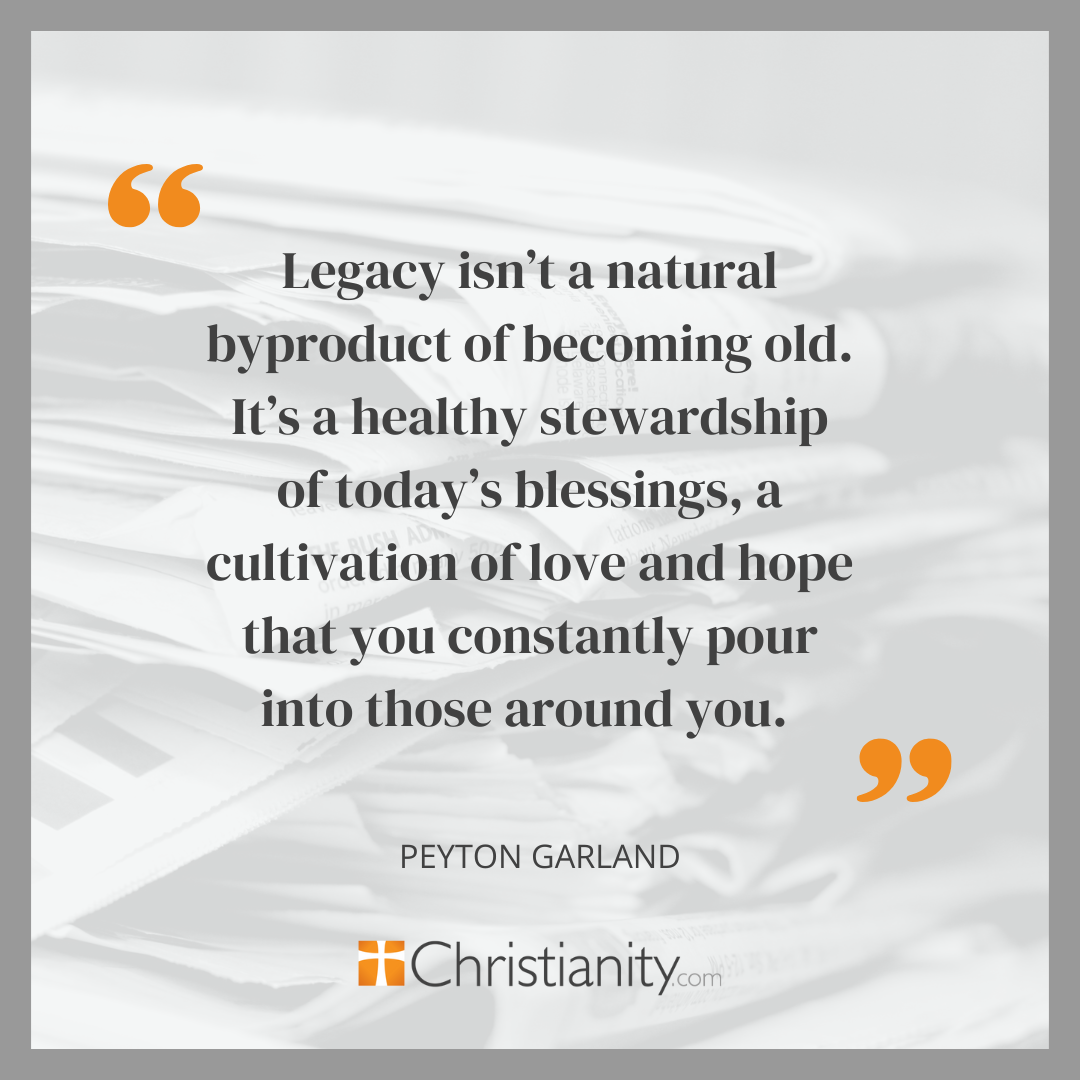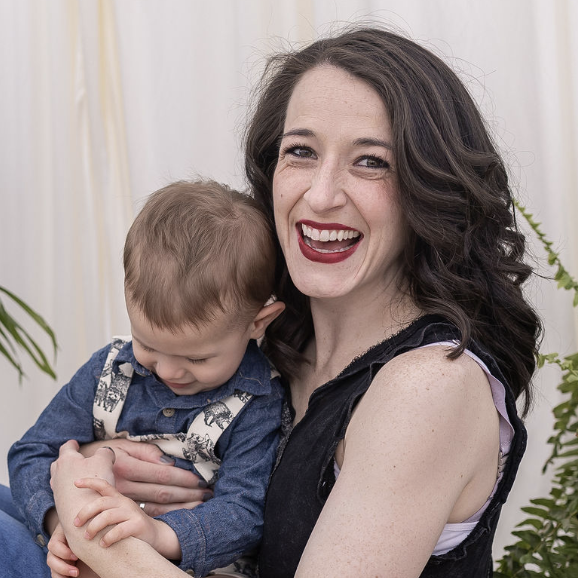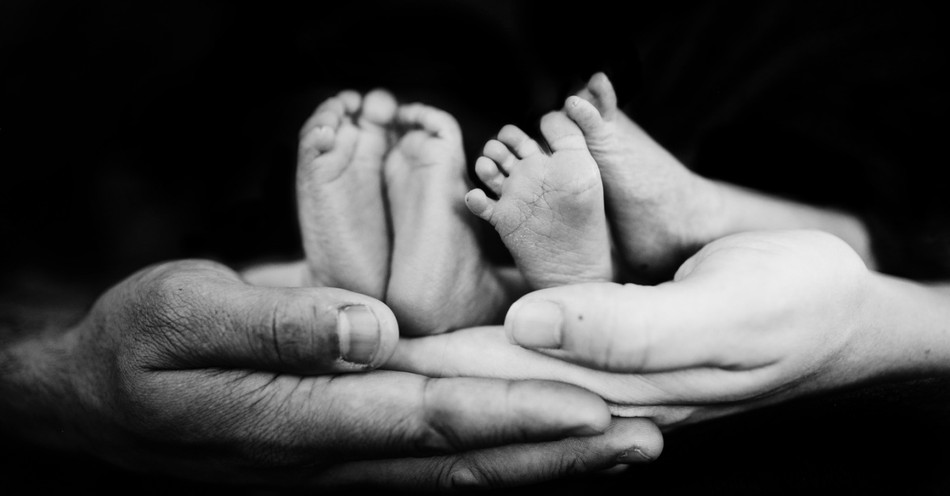“It’ll never be about you again.”
“Your life is over.”
“You can kiss your dreams goodbye.”
This is the negative narrative we have placed on having children. We have shut down the miracle of bringing new life into this world to disciple and train for God’s goodness and glory. We have decided that hope starts and ends with us.
Isn’t that a heartbreaking, bleak future for our world and, more so, our faith?
PBS shared a recent CDC study revealing that the U.S. fertility rate is decreasing. Unfortunately, this isn’t shocking, as this has been a consistent trend since the 70s. After the Baby Boom, having large families no longer took priority. Now, to ensure that each generation survives (for any nation), women must have roughly 2.1 kids, PBS further says, and in the United States, for women in their 20s and early to mid-30s, this simply isn’t happening.
While economic uncertainty, a divergence from cultural norms, and the delay in starting families are primary reasons for the baby decline, Americans must reflect on how the nation’s overall perspective of children will impact the near future. Meanwhile, this reflection leads us to a key question: How should we think about life, legacy, and hope when a culture grows hesitant to welcome the next generation?
Each Life Holds Eternal Worth
It’s hard for me to tackle the broad, near-intimidating question of “What is life, and where is its meaning?” without feeling a tug from Scripture: “How do you know what your life will be like tomorrow? Your life is like the morning fog—it’s here a little while, then it’s gone” (James 4:14, NLT). To define life by finite, biological matters seems useless, even hopeless, apart from weighing the promise of eternity. After all, isn’t that what makes the Christian faith so beautiful? It doesn’t require perfection or performance from our frail bodies to grant us access to an eternal heaven designed by a God who wants to share this paradise with us.
If we revisit the passage from James, we notice the metaphor, “fog.” I don’t believe this literary device is by accident. When you consider fog, it often conceals what’s ahead and disorients the person wading through it. If we are honest, life often feels like a mixture of hidden scares and confusion.
This heavy definition of life seems like a practical case for not bringing more babies into this world. I would know—that’s one of the main reasons my husband and I didn’t have children for nearly five years after we married. Over and over, I would tell my husband, “It just doesn’t feel fair to bring a child into a world like this.” Eventually, though, he responded with a thought I was never able to shake: “But how can good win if you don’t put any good into the world?”
In a world where most of us, in general terms, want good to win, it doesn’t suffice to stand on the sidelines. It’s much like the popular motto regarding voting: If you don’t vote, you can’t complain. If you don’t take any proactive steps to bring a new, hopeful generation into the world, can you truly complain about a world that seems ready to accept moral defeat?
Friend, life is a blessing. It’s the antithesis of defeat. It’s the meadow once the fog has cleared. It’s hope personified over and over with each wrinkly, precious little bundle that enters this world.
Long-term Legacy Begins with Today's Faithfulness
For the longest time, I reserved the word “legacy” for senior citizens. That was something for them to retrospectively consider. Until recently, though, I didn’t realize how foolish, wasteful, and damaging this thought was. I didn’t recognize that I was displacing my responsibility on an older generation who, in theory, had done their part.
Legacy isn’t a natural byproduct of becoming old. It’s a healthy stewardship of today’s blessings, a cultivation of love and hope that you constantly pour into those around you. Legacy doesn’t need an age criterion, but if it had a preference, it would ask that you create your legacy as young as possible, with as much youth, time, and energy on your side. Of course, your youth is often your days of folly and ignorance, but once you have matured enough to recognize the importance of legacy, it’s time to set the groundwork for leaving the world better than you found it.
Meanwhile, if we don’t create families and bring babies into the world, who will be left to enjoy the fruits of our labor? Who will be here to trod the path that was once underbrush and thickets we fought to clear? Without a new generation, without a legacy to pass on, what does it matter how we treat the earth or each other? Do consequences matter if no one will be here to pay their price?
Creating a new generation of people gives legacy breath and bones. In turn, legacy places a pressing meaning on time and relationships and becomes a society’s accountability.

Hope Endures When We Choose What’s Eternal Over What’s Easy
One of the most beautiful passages in Scripture, in my opinion, is found in John 6. After Jesus had taught some hard truths to a huge crowd, the Bible shares that many people walked away from Him. The calling asked too much of them. Jesus then turned to His disciples and asked, “You do not want to leave too, do you?” (v. 67). Simon Peter answered Him, “Lord, to whom shall we go? You have the words of eternal life. We have come to believe and to know that you are the Holy One of God” (v. 68-69).
This is a convincing, desperate picture of hope. It’s knowing that truth asks hard things of you, yet you will face anything so long as you can cling to the hope truth so readily gives. Hard things, when done in truth, reap eternal, hopeful benefits. Simon Peter had seen the truth of heaven displayed in Jesus over and over again. He had full faith that Christ’s earthly legacy would offer the world an eternal rest, and that faith, that hope, made it impossible for him to give up or to be deterred by hard teachings.
I would be lying if I didn’t say parenthood tests every ounce of your patience, sheds light on your selfishness, and makes you wonder where your sanity has gone. Parenting is hard work. But when has doing holy things with eternal benefits not cost us something great? When has dying to self not given us the opportunity to love others best? When has hope had a fighting chance when we give in to what’s easiest?
Friend, rearing the next generation for the glory of God is no easy task. It’s a feat. But it reaps an eternal glory and grants us access to an earthly life with heavenly meaning. It leaves us a bit tired, sure, but filled. May we never dismiss the richness of leaving a legacy that lasts forever.
“Unless the Lord builds the house,
the builders labor in vain.
Unless the Lord watches over the city,
the guards stand watch in vain.
In vain you rise early
and stay up late,
toiling for food to eat—
for he grants sleep to[a] those he loves.
Children are a heritage from the Lord,
offspring a reward from him.
Like arrows in the hands of a warrior
are children born in one’s youth.
Blessed is the man
whose quiver is full of them.
They will not be put to shame
when they contend with their opponents in court.”
- Psalm 27
Photo Credit: ©Fallon Michael/Unsplash





.jpg)